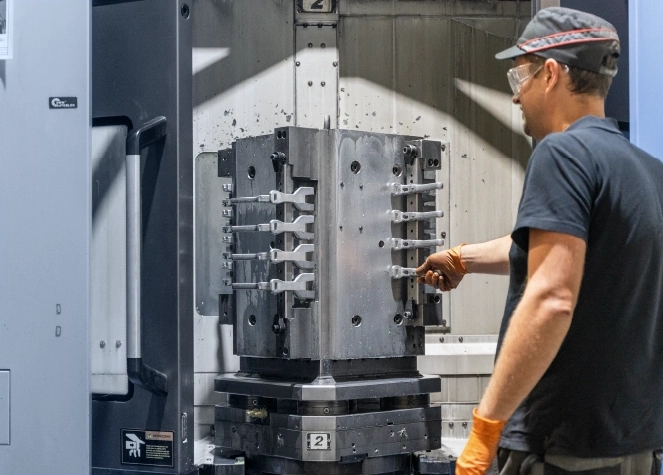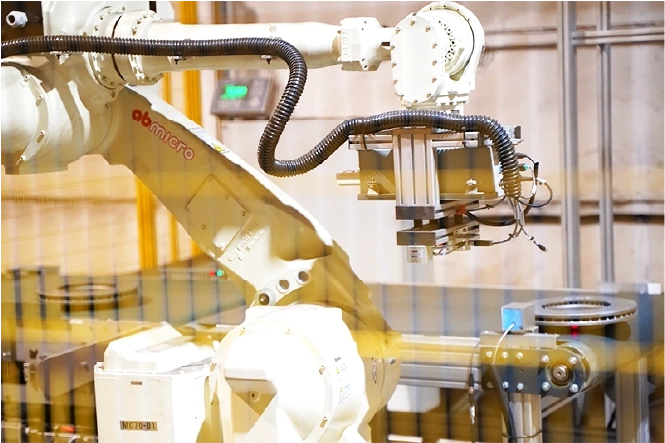
Project No. POIR.01.01.01-00-1249/19 implemented under the Operational Programme Smart Growth 2014-2020, Priority Axis. Support for R&D activities by enterprises, Measure: R&D projects by enterprises, Sub-measure: Industrial research and development work carried out by enterprises.
Development and implementation of an integrated technology for the mechanical processing of thin-walled cast iron castings with complex shapes and extensive surfaces, supported by advanced quality control techniques.
Project duration
from 01/06/2020
until 31/10/2023
Co-financing
PLN 6,096,009.76
Project value
PLN 13,262,386.88
The project objective is to develop an integrated technology for the mechanical processing of thin-walled cast iron castings with complex shapes and extensive surfaces, supported by advanced quality control techniques.
The implementation of process innovation into Odlewnia Kutno’s operations will yield the following results, positively impacting the production process for grey and ductile iron components through casting and mechanical machining:
As part of the project, a unique pilot line has been developed, which includes:
in a form of chips generated as a by-product of mechanical machining are cleaned, pressed, and re-melted.


that provides a developed device that enable automatic identification of internal defects such as cracks, voids, sand inclusions, porosity, and discontinuities. These defects, which were previously detected only during mechanical machining performed at the client’s site, can now be identified earlier in the production process.
conducted using the NDT-RAM (“Non-Destructive Tests – Resonant Acoustic Method”) to automatically detect internal and surface defects and assess the quality of the spheroidising process.
involving identifying the shape and dimensions of machined parts using 3D scanning technology.